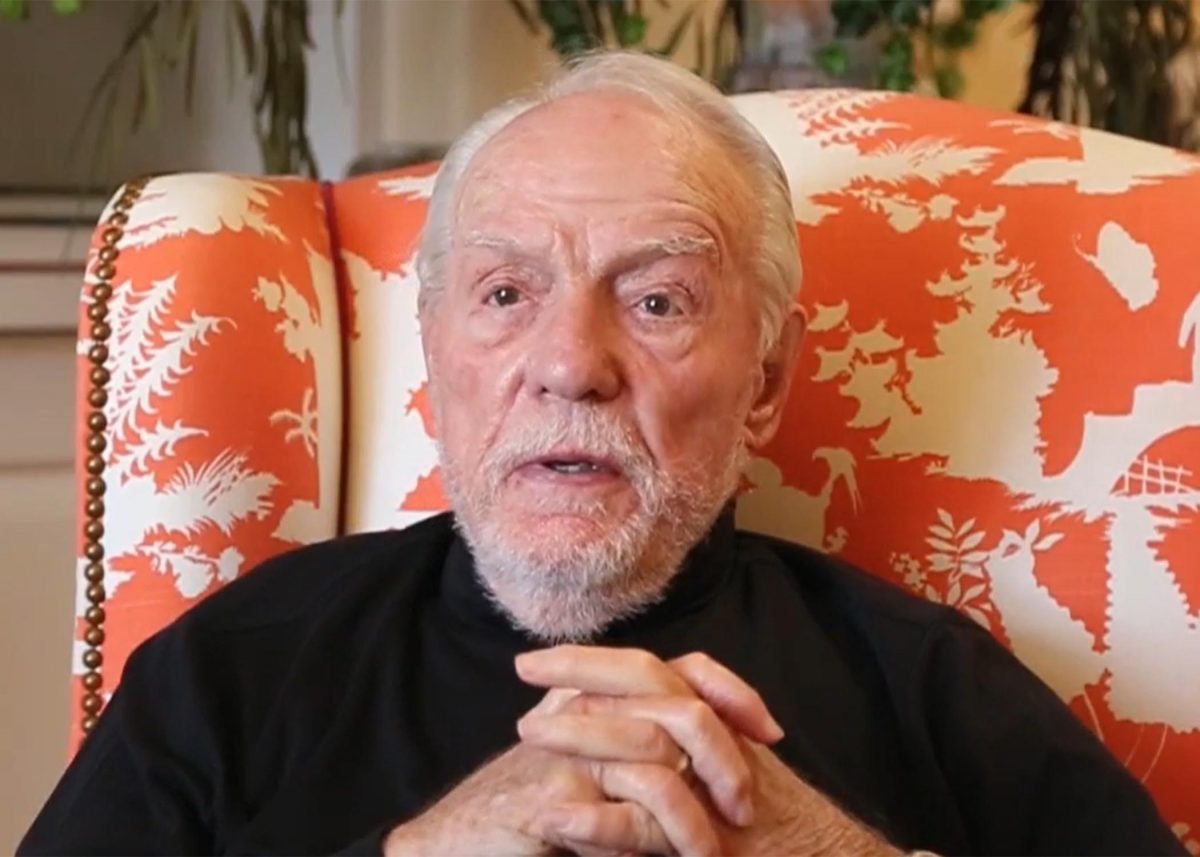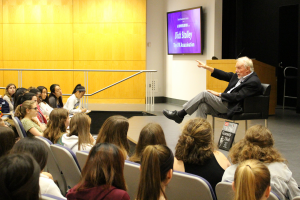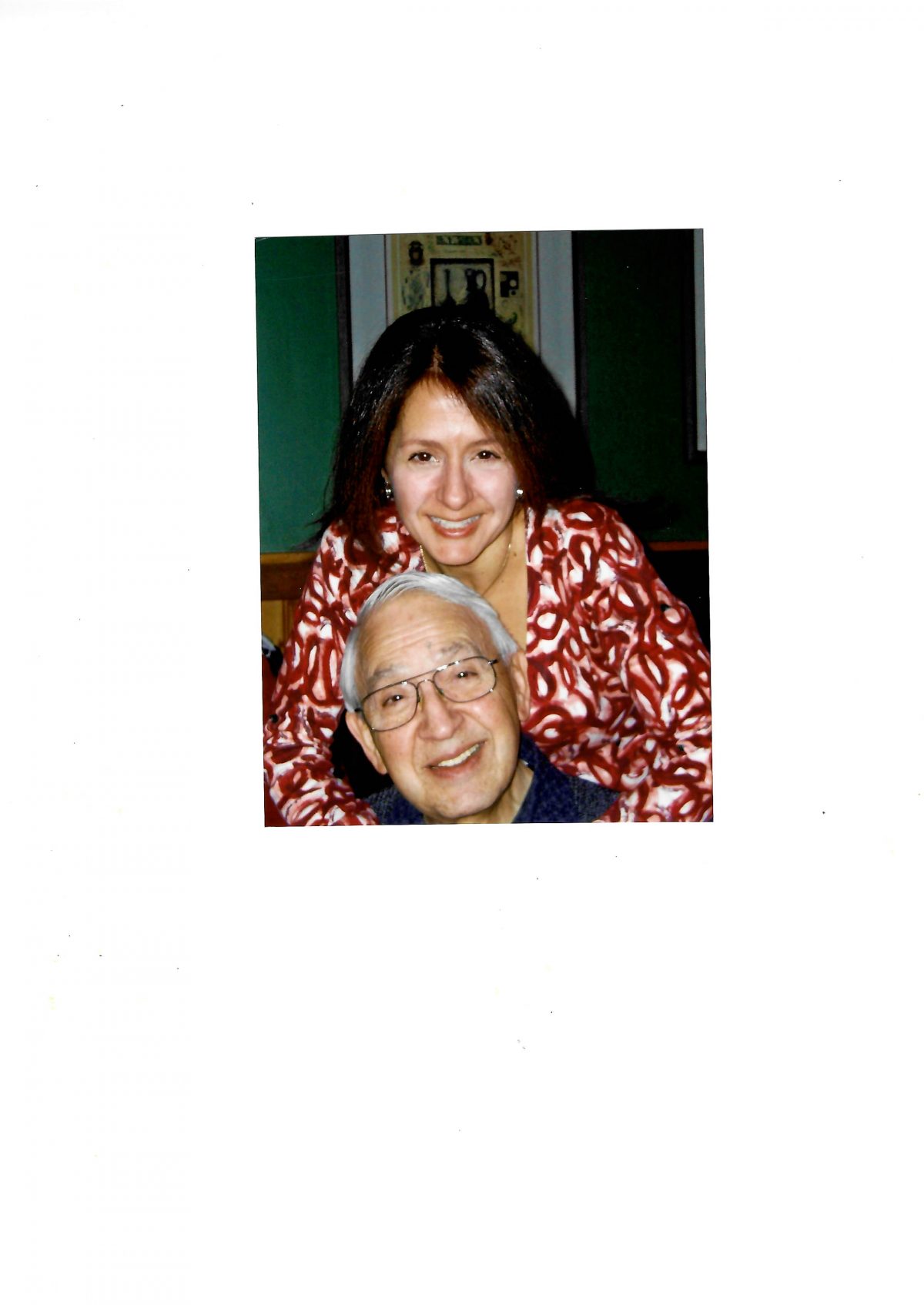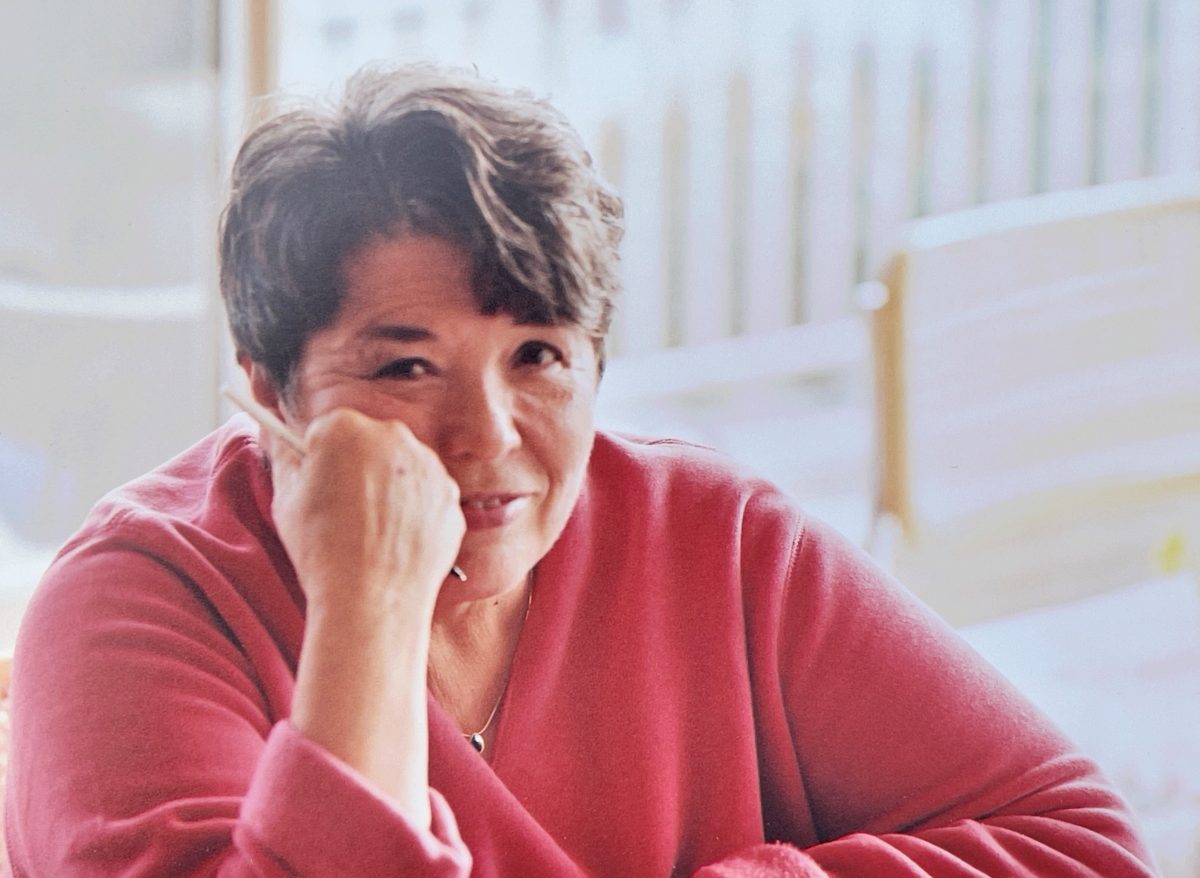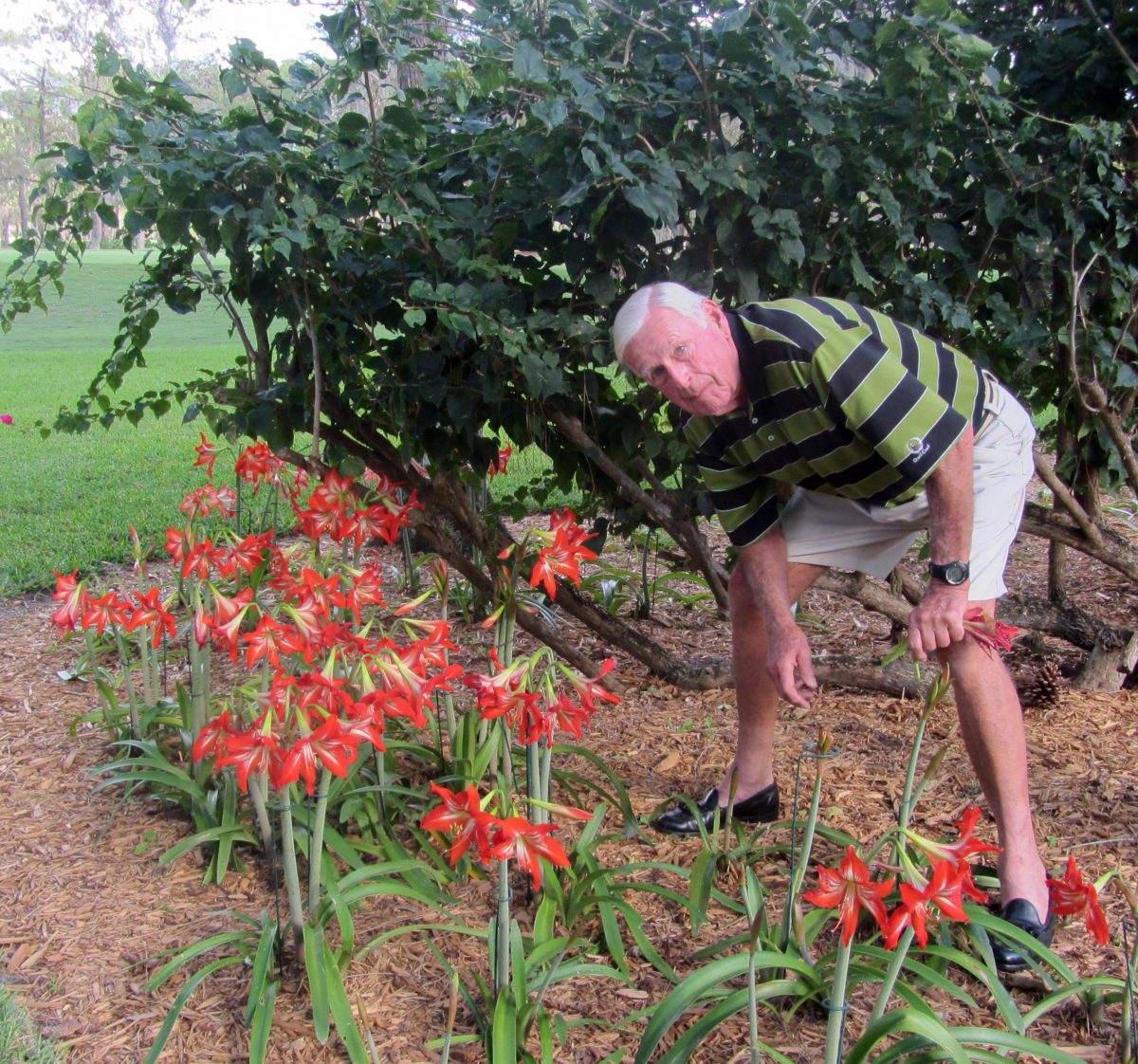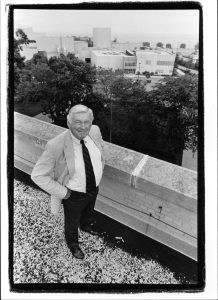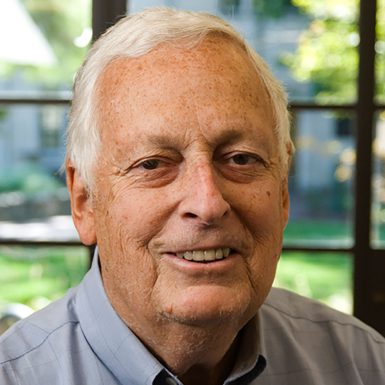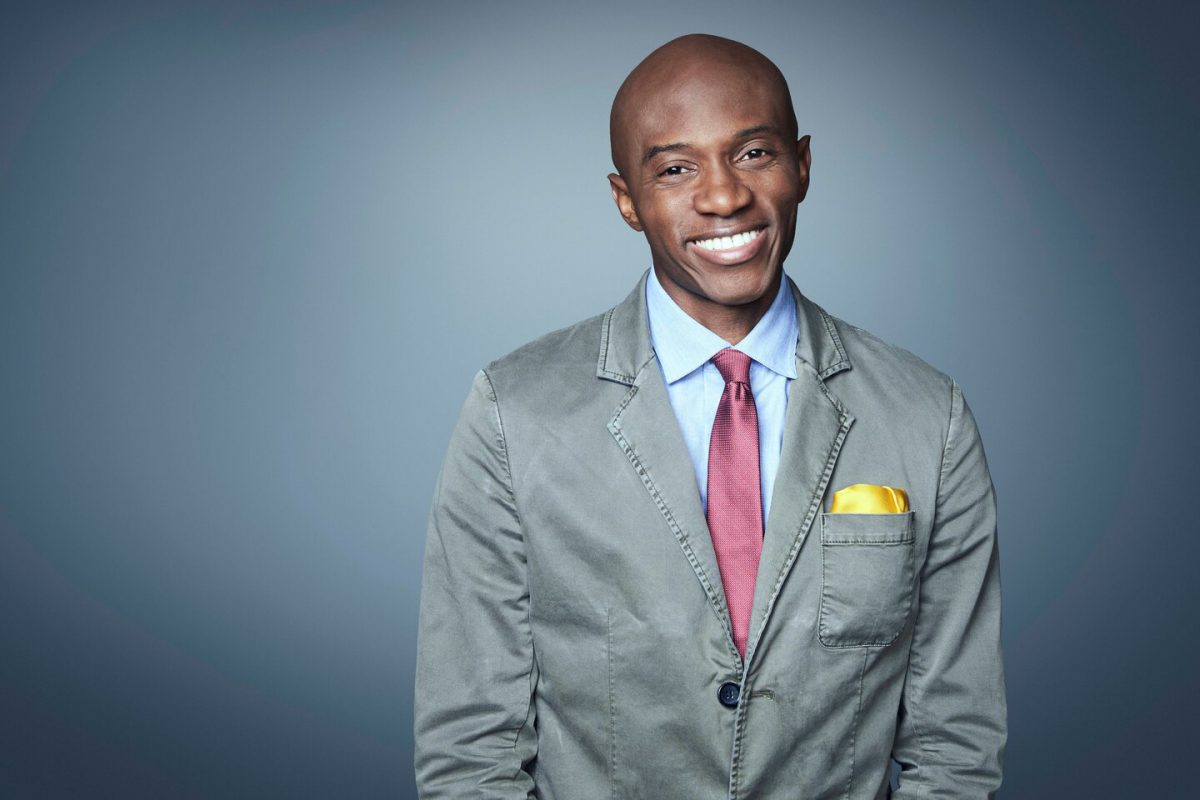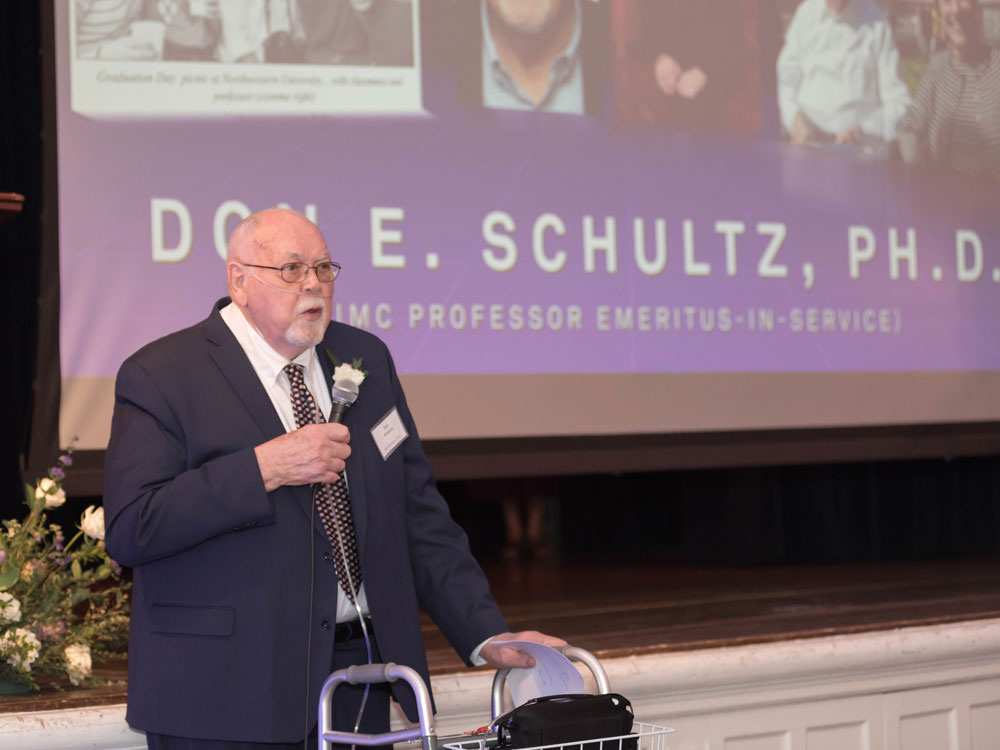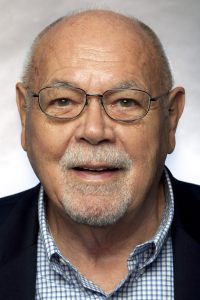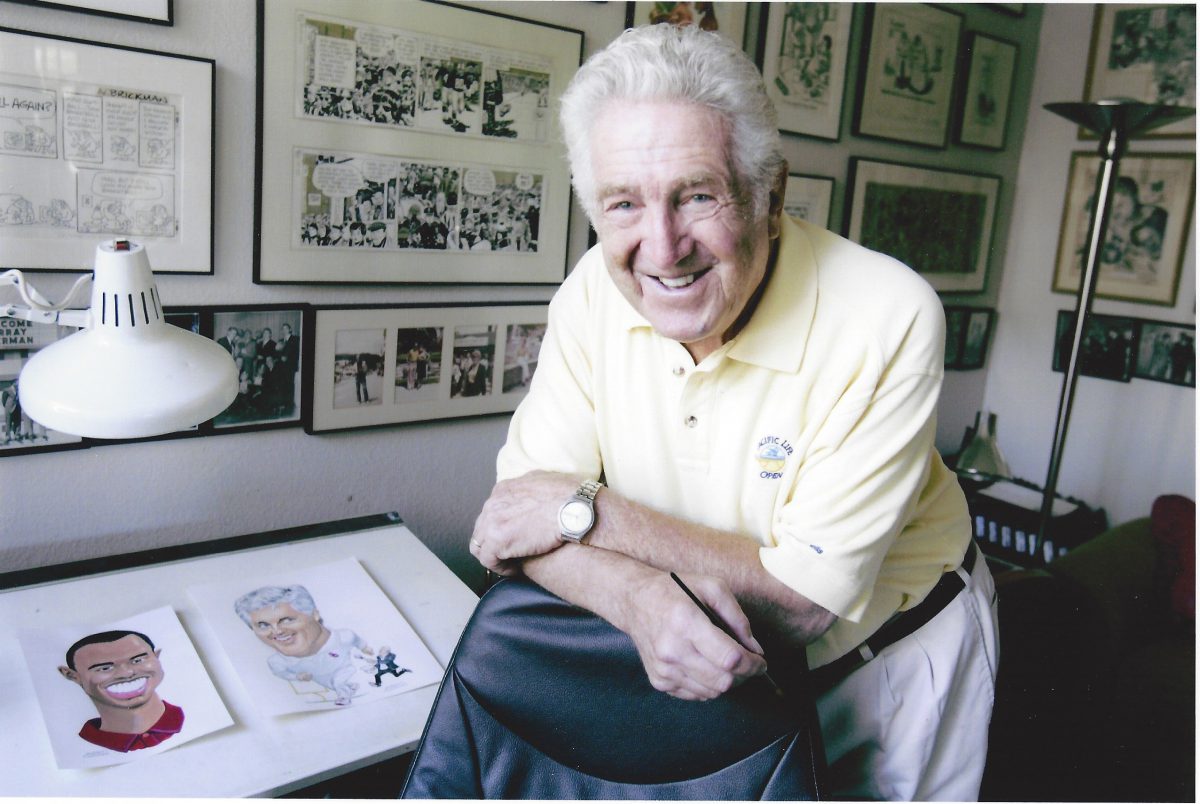Lisa Lee (MSJ93), senior vice president of creative and content for the Academy of Country Music died Aug. 21 after a battle with brain cancer. She was 52. Born Alicia Faye Young in Cabot, Arkansas, on Dec. 24, 1968, Lee earned a bachelor’s degree in journalism and English from the University of Arkansas at Fayetteville and a master’s degree in broadcast journalism from Medill. After graduation, Lee got a reporting job at Cabot Star-Herald newspaper.
One of her early jobs was at KTAL-TV, an NBC affiliate serving Texarkana and Shreveport, Louisiana, where she began to be interested in entertainment stories. Although her assignments covered a variety of topics, Lee eventually convinced station management to allow her to do movie reviews; she promptly constructed her own little critic’s corner set. She also started covering country music concerts and events in the Arkansas area and surrounding states at this time.
Lee started a friendship with a reporter/producer from Jim Owens and Associates, the Nashville-based production company behind TNN Country News at the time. Soon she was checking in with the folks at Jim Owens, updating them on all the entertainment pieces she was working on, while not so subtly working to convince them to hire her. Her persistence paid off when Jim Owens and Associates hired her, and she moved to Nashville to work for the company from 1995 to 1999.
In 2000, Lee moved to CMT and CMT.com as a news correspondent and producer.
Lee also had a calling to expand the social conversation. She wrote and produced the Prism Award-winning special Addicted to Addiction, as well as the TV news specials Sex in Videos: Where’s the Line and Controversy: Tammy Wynette.
In 2004, Lisa moved to Los Angeles, becoming the Hollywood-based correspondent and West Coast News Bureau Chief for CMT Insider, the network’s interview-driven news show, where she covered music, movies, and television.
In 2007, three years after her move to L.A., Lisa accepted the Academy of Country Music’s offer to draw on her experience as a TV journalist and producer to help the Academy establish and grow their own in-house creative and video production department. As the Academy’s lead staff producer, she oversaw all video production as well as the design, creation, and editing of ACM logos, digital and printed materials including ACM Tempo magazine, the ACM Awards program book, and both the ACM and ACM Lifting Lives websites.
With her long history of production and network teamwork, Lee served as a liaison with CBS television’s creative departments and CBS.com for promos and creative content surrounding the annual ACM Awards. She was named producer of the Academy of Country Music Honors, a live industry event dedicated to celebrating the Academy’s special award honorees, off-camera category winners, and ACM Industry and Studio Recording Awards winners. Held each year at the historic Ryman Auditorium in Nashville, Lisa imbued the event with a real love for the people who go the extra mile to support, expand, and protect Country Music in its most creative places.
In 2014, Lee wrote and created This Is Country: A Backstage Pass to the Academy of Country Music Awards. The deeply researched coffee table book celebrated the 50 the anniversary of the ACM Awards and included a forward by Reba McEntire.
Photo: Courtesy Academy of Country Music
Source: MusicRow.com. Link to full obitutary.

